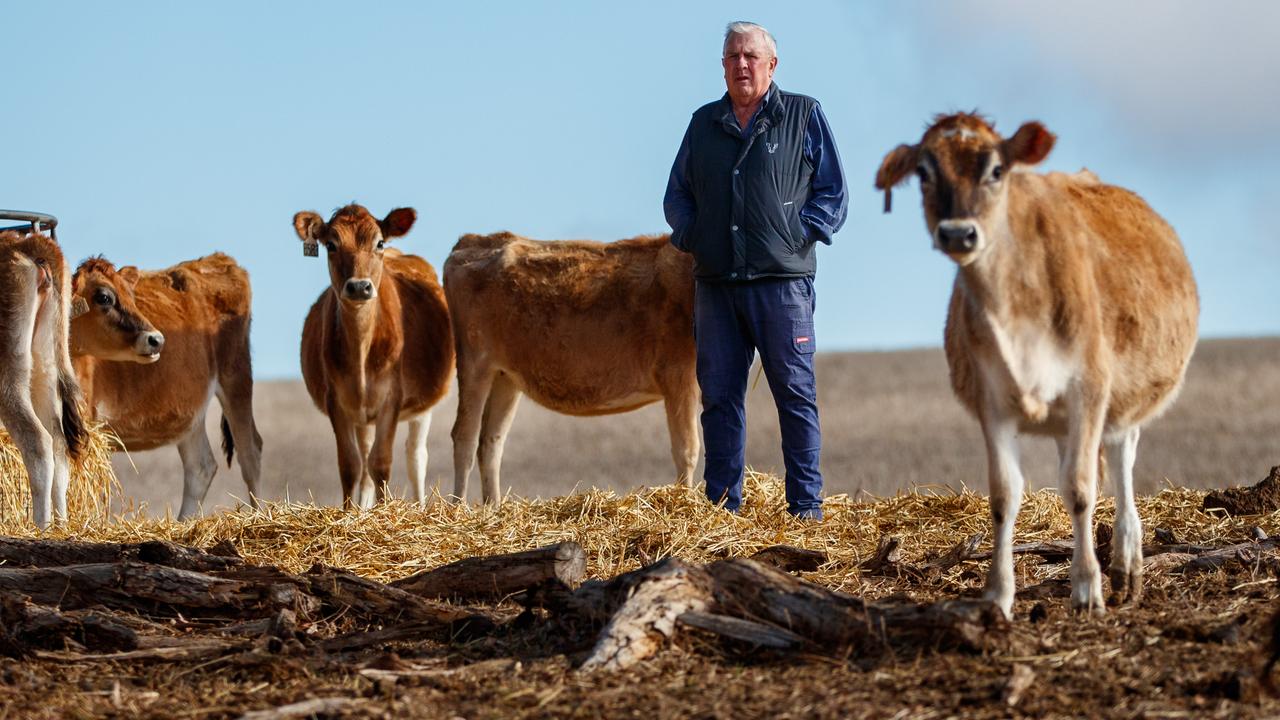Small business may inadvertently be impacted by government’s mandatory climate reporting
Small businesses are at risk of being caught up in mandatory climate legislation designed for large corporations, says BDO.

A move to force major Australian companies to disclose their climate compliance may inadvertently impact small businesses, professional services company BDO says.
And lucrative contracts could be on the chopping block for any entity that fails to comply with the proposed legislation.
BDO says draft legislation released by the federal government shows small businesses in the supply chain of larger enterprises will have to comply with the rules, which could impose the financial burden of taking steps to cut emissions.
Under the proposed legislation, large companies and asset managers will be required to reveal climate-related risks, risk-management strategies and emissions targets to investors. The proposed reporting standards cover scope one, two and three emissions and would require companies which met certain criteria to begin climate disclosures from mid this year.
BDO sustainability leader Aletta Boshoff said the proposed laws did not specifically target small businesses but they would fall into a larger company’s scope three emissions the moment it became a supplier or customer.
“You won’t have to do mandatory reporting in your financial statements, but (large corporations) will need to ask you for the information in order for them to comply with these obligations,” she said.
Ms Boshoff said that the legislation should serve as a wake-up call for small businesses as contracts were at risk for those which do not comply or have a higher footprint – as corporations weigh up which to do business with.
“Businesses will say to suppliers, measure your footprint, set targets and reduce your footprint if you want to continue to provide your goods to us,” she said.

Up to 90 per cent of emissions of a business can sit within scope three – which are indirect greenhouse gas emissions such as from suppliers. Ms Boshoff said that a company could control emissions in scope one and two, but would need suppliers to fall into line to enable it to meet emission reduction targets under the legislation.
“It’s a risk for small businesses who don’t do anything because they are reducing their customer pool,” she said.
“If an entity is committed to reducing emissions by 50 per cent or net zero, they can have control how they reduce scope one and two because but not what suppliers or customers do.
“The only way they control that is to not do business with a small business unless you go on the journey with them.”
Companies with $500m in revenue would have to report climate matters to investors from July 1. Smaller companies with a turnover of $200m would start in 2026 and those with $50m in 2027.
Small businesses are likely to experience a financial cost involved in meeting new requirements from the legalisation despite not being forced to comply with mandatory reporting.
“There will also be a bit of learning required, but to do scope one and scope two emissions should be achievable with financial records and electricity invoices. Scope three can be more challenging if you want to accurate but there is room for estimations,” Ms Boshoff said.
She said every small business needed to understand how it fitted into the economic system and what its biggest customers were doing.
“If your key customers are on a sustainability journey, and they may be group one, then you need to be aware of what the key players are doing because if they’re all going and you’re staying behind, you might be left behind,” Ms Boshoff said.
“Awareness of what key stakeholders are doing will be important.”
The draft legislation will require assurance of all of all climate-related financial disclosures made from July 1, 2030. Treasury has noted it expected this assurance approach to add $1m to $1.3m in transaction costs to almost 1800 captured entities, but costs would fall over time to as low as $500,000 to $700,000.




To join the conversation, please log in. Don't have an account? Register
Join the conversation, you are commenting as Logout